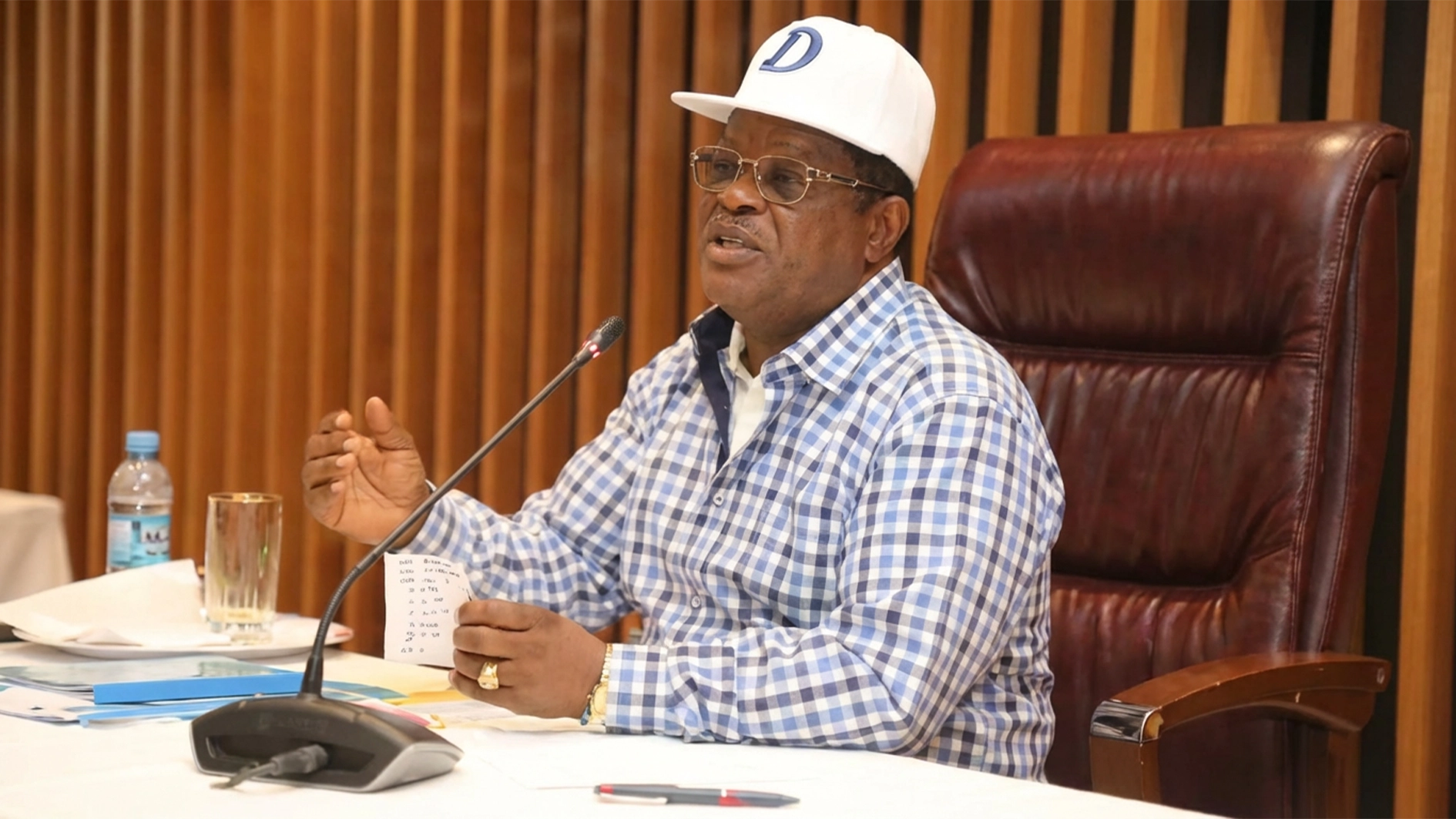The Federal Competition and Consumer Protection Commission (FCCPC) has sealed five textile warehouses for alleged unethical practices in Kano.
The warehouses, located around the Sharada Industrial Estate in the ancient city, were allegedly selling underweight fabric materials, thereby cheating unsuspecting customers.
Leading a team of officials and security operatives alongside journalists in the operation on Wednesday, Chief Executive Officer of the Commission, Tunji Bello, disclosed that the warehouses were uncovered after an intelligence report.
Bello revealed that the closure of the facilities was considered after a thorough investigation confirmed the unwholesome practices of the distributors, who were selling products that did not meet the standard length and measurement of the textiles. He added that the practice negated the provisions of the FCCPA (2018) Act, which prohibits deceptive practices in the sale of goods.
Bello, who was represented by Boladale Adeyinka, Director, Surveillance and Investigation, stressed that the FCCPC took the drastic action to protect consumers and ensure fair competition in the market.
He emphasised that shutting down the businesses was sending a clear message to the perpetrators of economic sabotage, adding that exploitative practices would not be tolerated. He pointed out the significance of upholding lawful standards and preventing dishonest practices that harm consumers and legitimate businesses.
“It is essential for retailers, distributors, and suppliers to provide goods that meet the required standards and descriptions. The FCCPC will continue to monitor markets across Nigeria to prevent similar exploitative conduct.
“This operation follows weeks of discreet market surveillance and intelligence gathering, which revealed that several retailers were selling fabric materials significantly below the standard length or measurement indicated, while charging consumers the full price.
“Such conduct constitutes a clear violation of consumer rights under the provisions of the Federal Competition and Consumer Protection Act (FCCPA) 2018. Under Section 123(1) of the FCCPA, no retailer, trader, or supplier shall, in the course of trade or for the purpose of promoting or marketing any goods,” Adeyinka said.
The Director therefore assured the public that the Commission would continue to deploy lawful enforcement measures to deter such exploitative conduct in all markets across Nigeria.
Recall that last Thursday, the Federal High Court in Abuja struck out the criminal charges filed by the FCCPC against MTN Nigeria and some of its senior executives, following the regulator’s decision to discontinue the case.
The case, which had been pending since July 2024, accused the telecom company and its top officials — Managing Director and Chief Executive Officer, Karl Toriola; Chief Corporate Services and Sustainability Officer, Tobechukwu Okigbo; and General Manager for Regulatory Affairs, Ikenna Ikeme — of failing to comply with a lawful summons issued by the FCCPC.
Justice Hauwa Yilwa struck out the charges after the prosecution counsel, I. O. Aiaba, informed the court that the agency had filed a notice of withdrawal on 8 September.
Mr Aiaba told the court that the application was made under Section 108 of the Administration of Criminal Justice Act and formally adopted the notice, urging the court to terminate the proceedings. Neither the defendants nor their lawyers were present in court when the matter was called.
The judge consequently struck out the case after noting the prosecution’s submission.
The FCCPC had initiated the criminal action after alleging that MTN Nigeria and its executives ignored a summons requiring them to submit documents and information necessary for an ongoing investigation. The agency said its requests, first made in May 2024 and followed up in June, formed part of a “limited initial inquiry and possible prospective investigation.”
The charges accused the company and its officials of wilfully failing to comply with a lawful summons, contrary to Section 33(3) of the Federal Competition and Consumer Protection Act, 2018, and of obstructing the Commission’s inquiry under Section 111(1) of the same Act.






